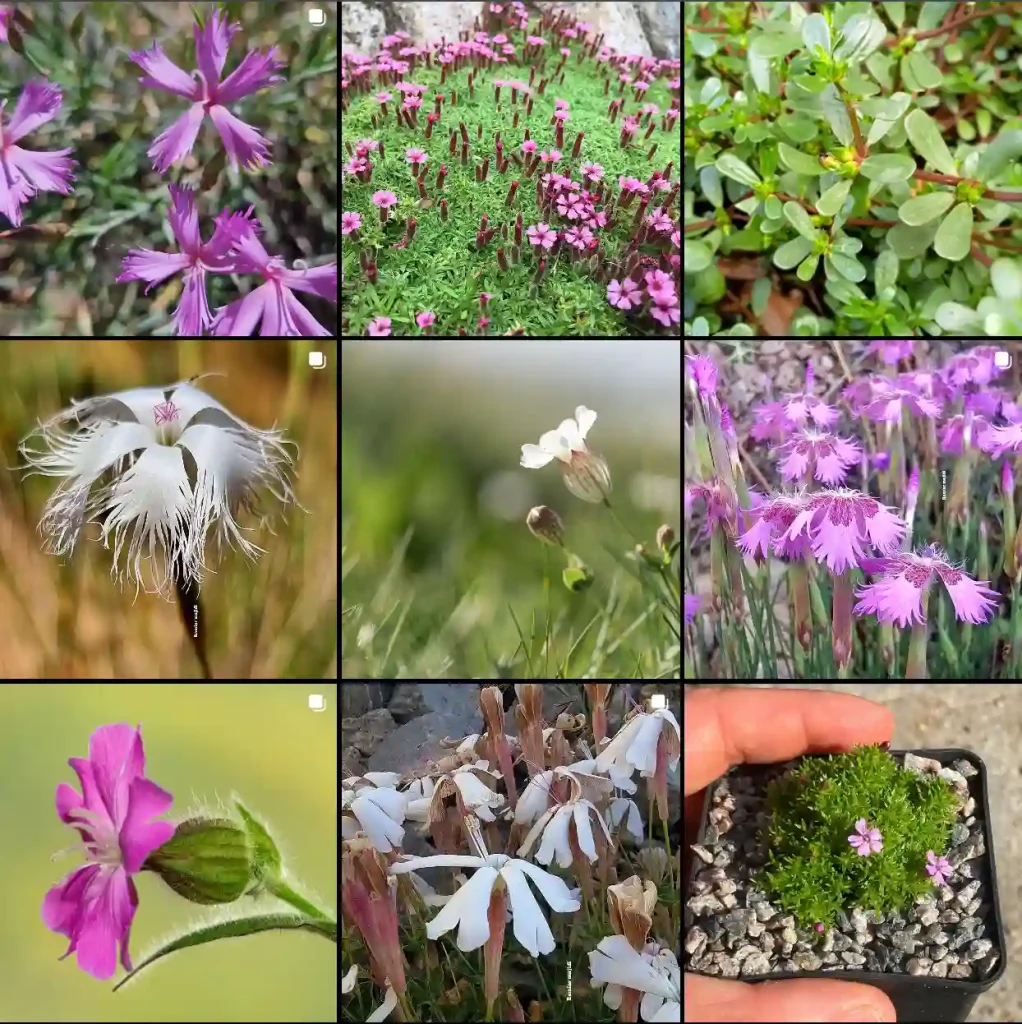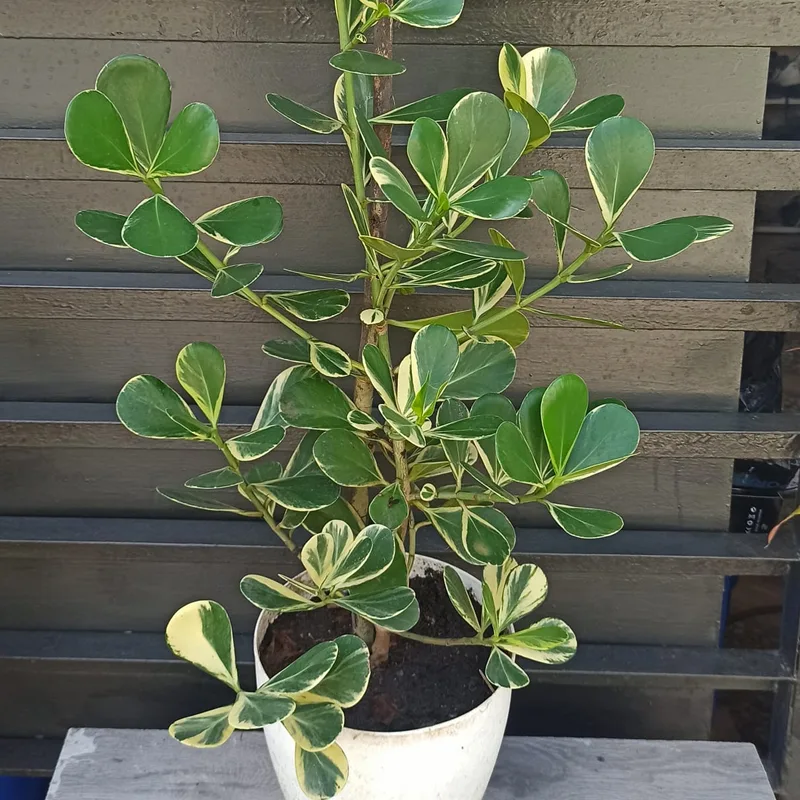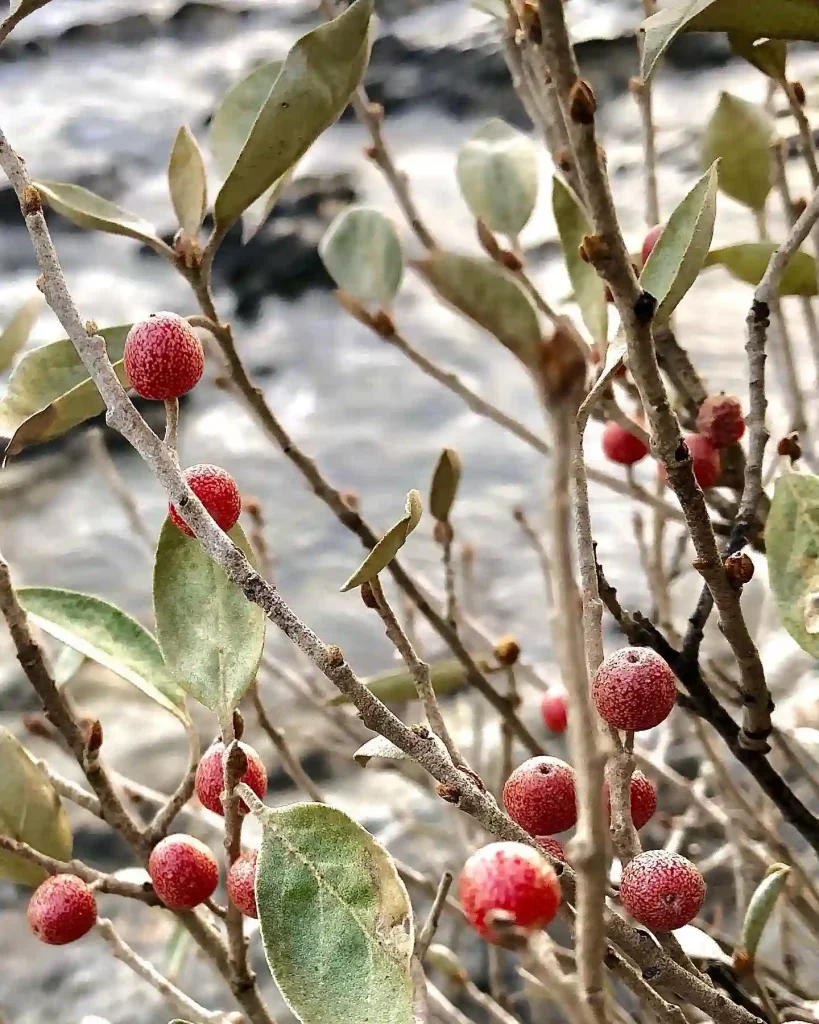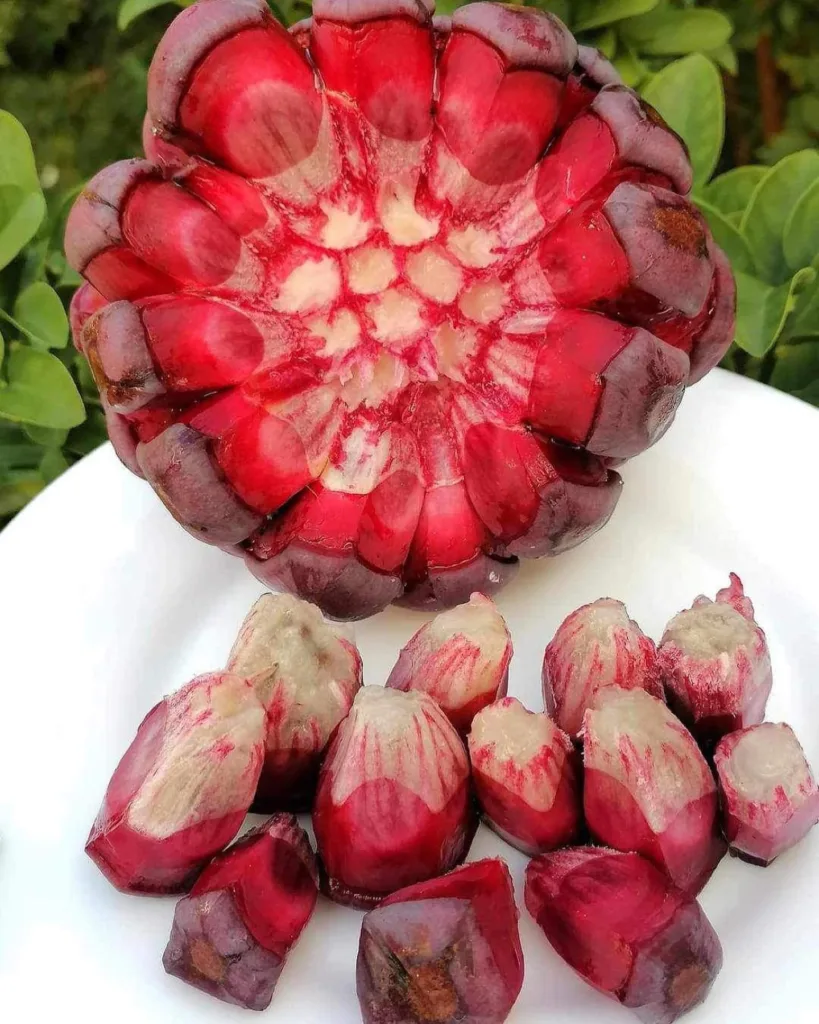Echinocereus: My Prickly Passion
Echinocereus, belong to the Cactaceae family. The name might sound like some kind of ancient Greek warrior, but it actually refers to a genus of cacti that has captured my heart. These hardy plants, with their vibrant flowers and intriguing forms, have become a source of fascination and joy in my life.
I’m Ferb Vu, and I’ve been an avid cactus enthusiast for years. But there’s something about Echinocereus that sets them apart. Maybe it’s their resilience, thriving in harsh desert environments where few other plants can survive. Or perhaps it’s the sheer diversity within the genus, with each species boasting its own unique characteristics. Whatever the reason, I’m hooked.
A World of Variety
One of the things I love most about Echinocereus is the incredible range of shapes and sizes they come in. Some species, like Echinocereus viridiflorus, hug the ground, their stems forming sprawling mats. Others, like Echinocereus polyacanthus, stand tall and proud, their columnar forms reaching skyward.
And then there are the spines. Oh, the spines! From the short and stubby to the long and needle-like, Echinocereus spines come in all shapes and sizes. Some are even adorned with intricate patterns and colors, adding another layer of visual interest.
But the real showstopper is the flowers. Echinocereus are known for their large, showy blooms, which erupt in a riot of color come springtime. Reds, pinks, purples, yellows – you name it, there’s an Echinocereus that blooms in that hue. And the best part? The flowers often last for several days, providing a long-lasting spectacle of beauty.
My Favorite Species
With over 80 species of Echinocereus, it’s hard to pick favorites:
- Echinocereus acanthosetus (S.Arias & U.Guzmán) Gómez-Quint. & Dan.Sánchez
- Echinocereus acifer (Otto ex Salm-Dyck) Haage
- Echinocereus adustus Engelm.
- Echinocereus albatus Backeb.
- Echinocereus apachensis W.Blum & Rutow
- Echinocereus arizonicus Rose ex Orcutt
- Echinocereus bakeri W.Blum, Oldach & J.Oldach
- Echinocereus barthelowianus Britton & Rose
- Echinocereus berlandieri (Engelm.) Haage
- Echinocereus bonkerae Thornber & Bonker
- Echinocereus brandegeei (J.M.Coult.) Schelle
- Echinocereus bristolii W.T.Marshall
- Echinocereus canus D.Felix & H.Bauer
- Echinocereus chisoensis W.T.Marshall
- Echinocereus cinerascens (DC.) Haage
- Echinocereus coccineus Engelm.
- Echinocereus dasyacanthus Engelm.
- Echinocereus engelmannii (Parry ex Engelm.) Lem.
- Echinocereus enneacanthus Engelm.
- Echinocereus fasciculatus (Engelm. ex B.D.Jacks.) L.D.Benson
- Echinocereus felixianus H.Bauer
- Echinocereus fendleri (Engelm.) Sencke ex Haage
- Echinocereus ferreiranus H.E.Gates
- Echinocereus freudenbergeri G.Frank
- Echinocereus grandis Britton & Rose
- Echinocereus gurneyi (L.D.Benson) W.Blum, Oldach & J.Oldach
- Echinocereus huitcholensis (F.A.C.Weber) M.Gürke
- Echinocereus knippelianus Liebner
- Echinocereus kroenleinii (Mich.Lange) W.Blum & Waldeis
- Echinocereus × kunzei Gürke
- Echinocereus laui G.Frank
- Echinocereus ledingii Peebles
- Echinocereus leucanthus N.P.Taylor
- Echinocereus longisetus (Engelm.) Lem.
- Echinocereus mapimiensis E.F.Anderson, W.C.Hodg. & P.Quirk
- Echinocereus maritimus (M.E.Jones) K.Schum.
- Echinocereus marksianus Fritz Schwarz ex Backeb.
- Echinocereus × neomexicanus Standl.
- Echinocereus nicholii (L.D.Benson) B.D.Parfitt
- Echinocereus occidentalis (N.P.Taylor) W.Rischer, S.Breckw. & Breckw.
- Echinocereus ortegae Rose
- Echinocereus pacificus (Engelm.) Britton & Rose
- Echinocereus palmeri Britton & Rose
- Echinocereus pamanesii A.B.Lau
- Echinocereus papillosus Linke ex C.F.Först. & Rümpler
- Echinocereus parkeri N.P.Taylor
- Echinocereus pectinatus (Scheidw.) Engelm.
- Echinocereus pentalophus (DC.) Engelm. ex Haage
- Echinocereus perplexus W.Blum & A.P.Campos
- Echinocereus polyacanthus Engelm.
- Echinocereus poselgeri Lem.
- Echinocereus primolanatus Fritz Schwarz ex N.P.Taylor
- Echinocereus pseudopectinatus (N.P.Taylor) N.P.Taylor
- Echinocereus pulchellus (Mart.) K.Schum.
- Echinocereus rayonesensis N.P.Taylor
- Echinocereus rebmanii W.Blum & R.Goris
- Echinocereus reichenbachii (Terscheck) Haage
- Echinocereus relictus Wellard
- Echinocereus rigidissimus (Engelm.) Hirscht
- Echinocereus × roetteri (Engelm.) Engelm. ex Rümpler
- Echinocereus russanthus D.Weniger
- Echinocereus salm-dyckianus Scheer
- Echinocereus santaritensis W.Blum & Rutow
- Echinocereus scheeri (Salm-Dyck) Scheer
- Echinocereus schereri G.Frank
- Echinocereus schmollii (Weing.) N.P.Taylor
- Echinocereus sciurus (Brandegee) Dams
- Echinocereus scopulorum Britton & Rose
- Echinocereus sharpii (N.P.Taylor) Dan.Sánchez & Gómez-Quint.
- Echinocereus spinigemmatus A.B.Lau
- Echinocereus stoloniferus W.T.Marshall
- Echinocereus stramineus (Engelm.) Haage
- Echinocereus subinermis Salm-Dyck ex Scheer
- Echinocereus triglochidiatus Engelm.
- Echinocereus viereckii Werderm.
- Echinocereus viridiflorus Engelm.
- Echinocereus waldeisii Haugg
- Echinocereus websterianus G.E.Linds.
- Echinocereus weinbergii Weing.
- Echinocereus yavapaiensis M.A.Baker
- Echinocereus zapalinamensis W.Blum & J.Flores Ventura
More Than Just a Pretty Face
While their beauty is undeniable, Echinocereus offer more than just aesthetics. For centuries, these cacti have played an important role in the lives of indigenous peoples. The fruits of many species are edible, providing a source of nutrition in arid environments. And some species have even been used medicinally, to treat ailments ranging from burns to stomach aches.
Growing Echinocereus
If you’re thinking of adding Echinocereus to your own plant collection, you’re in for a treat. These cacti are relatively easy to care for, as long as you provide them with the right conditions. Here are a few tips:
- Sunlight: Echinocereus need plenty of sunlight to thrive, so make sure they’re placed in a sunny spot.
- Drainage: Good drainage is essential, as these cacti are prone to root rot in soggy soil. Use a well-draining cactus mix and make sure the pot has drainage holes.
- Watering: Water sparingly, allowing the soil to dry out completely between waterings.
- Temperature: Most Echinocereus can tolerate a wide range of temperatures, but they prefer warm, dry conditions.
With a little care and attention, your Echinocereus will reward you with years of beauty and enjoyment.
A Lifelong Journey
My journey with Echinocereus is far from over. I’m constantly learning new things about these fascinating plants, and I’m always on the lookout for new species to add to my collection. The world of Echinocereus is vast and diverse, and I can’t wait to see what other wonders it holds.
If i die, water my plants!



